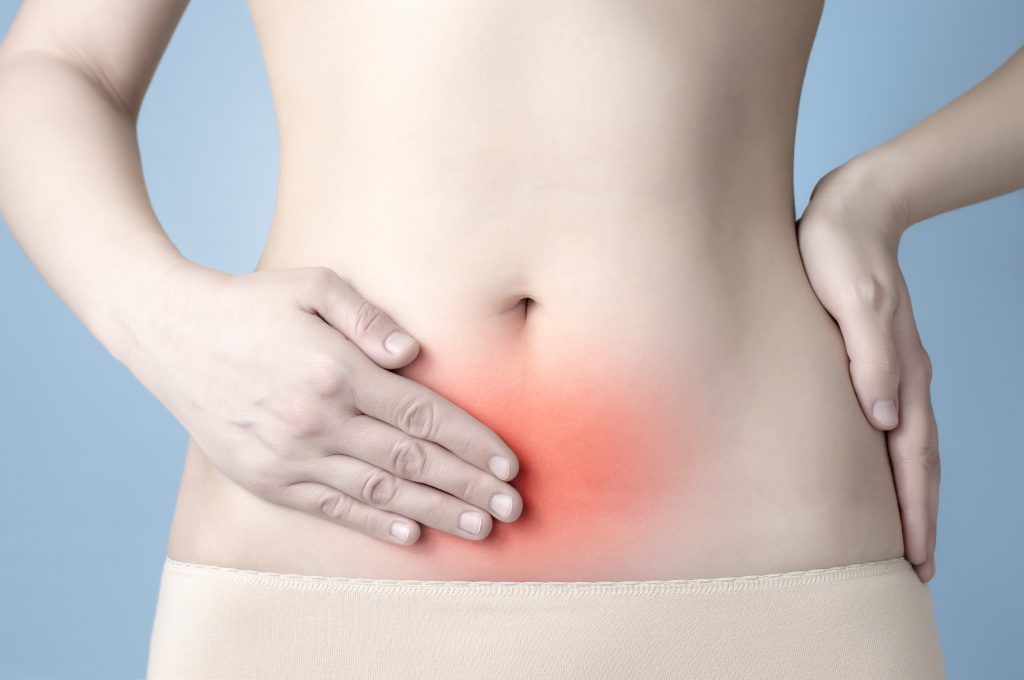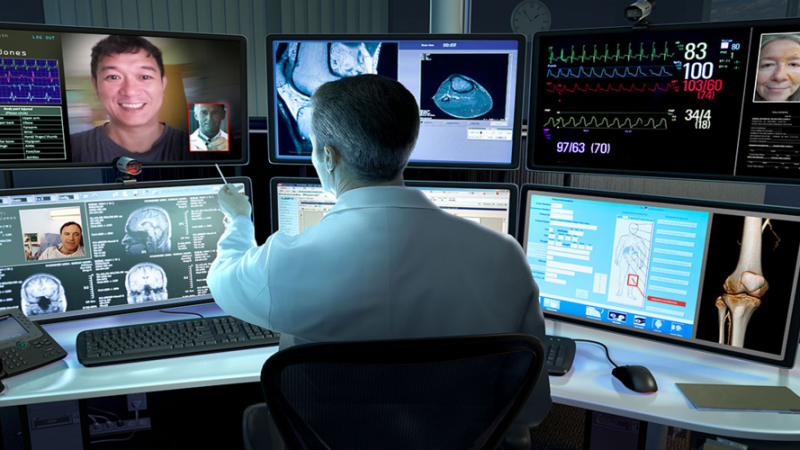6 Medical Tips for Chronic Pelvic Pain

Pelvic pain is expected, but the experience is different for every woman. It can sometimes occur as a constant dull pain or sharp, irregular pain sessions. No matter how it occurs, it can significantly affect the quality of your life. In most cases, pelvic pain is a sign of health complications within the reproductive system and the urinary tract. Working with pelvic pain South Charleston specialists is the best way to deal with the condition and the easiest route to returning to your life. Here are some tips for easing chronic pelvic pain.
Identify the Cause First
Multiple reasons can cause pelvic pain, and the best way to manage it could be by treating the underlying cause. Therefore, you must first get an accurate diagnosis from the medical experts to get to the root of your symptoms. The treatment course you take will be guided by the underlying causes identified. Sometimes an underlying cause might not be identified, and your doctor will proceed to manage the symptoms. Common causes of pelvic pain include endometriosis, the tension in the pelvic floor muscles, chronic pelvic inflammatory disease, fibroids, ovarian residue, and irritable bowel syndrome.
Use Painkillers
Your doctor can recommend painkillers to get the pain under control. You can gain from over-the-counter pain medications that can target the affected areas to reduce the severity of the pain. Sometimes your doctor can recommend powerful painkillers like oxycodone or hydrocodone when you do not get pain relief from the OTC options.
Consider Birth Control Pills
Birth control pills can ease pelvic pain associated with the menstrual cycle, especially when you are not planning to get pregnant soon. Before going for it, your doctor will first clear any other complications that could interfere with birth control. You might gain from this option if your pelvic pain symptoms are cyclical. Talk to your doctor if your pain is more during ovulation or around your periods. You might benefit from other hormonal treatments as well.
Use Antibiotics
Your doctor might recommend antibiotics where your pain is associated with a bacterial infection. Although you might begin feeling better as the infection is treated, ensure you finish your dose to prevent future infections.
Consider Trigger Point Injections
Your doctor can recommend injection treatment when they can locate painful areas around your pelvic muscle. Your doctor can feel the trigger points through your skin since they develop knots when the muscles do not relax. Your provider will cleanse the area using alcohol and inject a numbing medicine with a small amount of steroid. The medicine blocks pain sensations to provide relief. Talk to your doctor if you are afraid of needles when considering this treatment.
Surgery
Surgery could be the last resort to relieve your pelvic pain. You can consider undergoing surgery if your pain persists past other nonsurgical treatments. Also, your doctor can recommend surgery based on some causes of the pain. You might gain from laparoscopic surgery when adhesions, or endometriosis, are to blame for your symptoms. Your doctor can also recommend bilateral oophorectomy and hysterectomy when your uterus or ovaries are the sources of your pelvic pain.
The key to finding the right cure for pelvic pain is understanding the underlying cause. The Patel & Patel, MD., Inc specialists offer accurate pelvic pain diagnoses and can help you. Schedule your appointment today to understand better.







